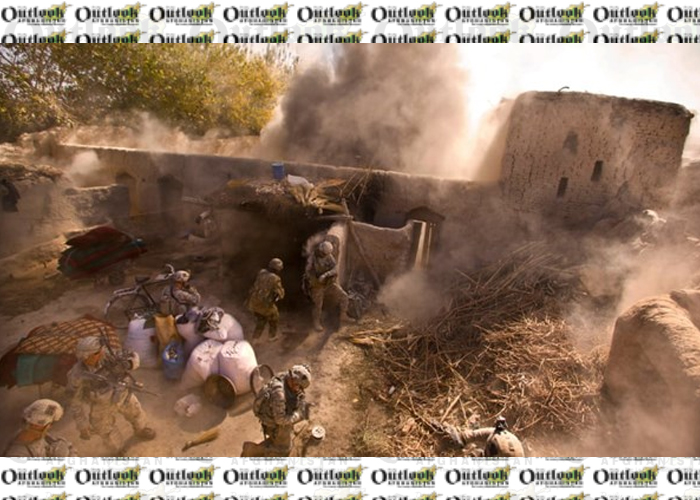The unabated violence is raging once again in the country despite the peace process. The Afghan security forces are overwhelmed by the growing number of Taliban attacks across the country and in major cities. The economic stagnation and poor administration have compounded the challenges.
A constitutional crisis is quickly descending upon the country as it faces an immense security challenge in the Taliban’s nationwide attacks. On top of this already shaky foundation, the country’s debilitating economic stagnation can only further aggravate its constitutional, political, and security crises.
People live in a pathetic state. The security crisis and economic stagnation have paralyzed their life. The simple individuals are the main victim of conflicts carried out by the Taliban militants. As a result, a large number of families have been displaced internally from restive parts of the country.
Moreover, the larger part of the country suffers from unemployment and economic challenges. The current economic slumps embitter not only the old men – who sweat from dawn to dusk to make the ends meet – but also the businessmen.
After all, abducting, threatening and killing national investors and businessmen for money, discourage them from investing in the country, assassinating journalists, and killing ordinary people fill the air with fear and disappointment and likely to lead to brain drain in the country. With the escalated insurgency or return of the Islamic Emirate, Afghan women fear to be the first to be preyed upon. It is publicly known that Afghan women suffered bitterly under the Taliban regime.
They were bereft of their rights to freedom, education, etc. For example, the school doors were closed for the girls and the Taliban still impose their ideology in areas under their control. Women’s are restricted and they are forced to wear a head-to-toe covering. A large number of women, if there are any schools girls open, fear to go to school.
Due to political wheeling and dealing, corruption parallels other challenges. Within the last couple of decades, high levels of corruption and bad governance have seriously thwarted the international community’s efforts to stabilize Afghanistan. Millions of dollars that were allocated for the reconstruction and development of Afghanistan were misused or wasted.
Despite the lofty promises of presidential candidates during their presidential campaigns, little progress has been made, and Afghanistan remains at the bottom of Transparency International’s Corruption Perception Index. Corruption remains one of the major impediments to the stabilization and reconstruction process in Afghanistan.
Until now, the Afghan government and the donor community have tried hard to curb corruption in the public sector.
However, while politicians and public sector officials often benefit from corruption, the main perpetrator is the private sector that bribes them.
In our country, corruption at its highest level takes place because of collusion between political appointees and contractors from the business sector.
In order to reduce the current level of corruption in the country, we need to tackle it beyond the public sector. We must instill internationally accepted values such as integrity, transparency, and ethical business practices into the Afghan culture, in both the public and private sectors.
We will not win the war against terrorism and radical militants by military means alone.
A responsible and accountable government – free from corruption and committed to promoting transparency and integrity across Afghan society – is the best weapon to deprive insurgents of their public support or make them accept peace.
I believe that there is an organic relation among social, political and economic institutions in a society and therefore corruption, insecurity and economic slumps run in a parallel track. For instance, since the Taliban militants benefit from poppy cultivation in Afghanistan, eradicating drugs would be highly effective in debilitating the militants.
So, a poor administration will lead to the stagnation of economic circle and fail to root out narcotic drugs. In such a case, counter-terrorism strategy will certainly meet failure. All the state machineries have to move towards their certain responsibilities coordinately so as to end the challenges.
To put it succinctly, a through campaign against the political, social and economic problems is a crying need to ameliorate the status quo. To mitigate the challenges, the Afghan government has to tackle with the corruption and try to enforce law and Constitution. Meanwhile, the international community and Afghanistan’s regional and global allies, mainly the United States, and neighboring countries have to pressure the Taliban to reduce their violence and reach an agreement with the Afghan government so that people should be aware of their fate. If peace remains elusive, the challenges are unlikely to be resolved.
Home » Opinion » It Never Rains But It Pours
It Never Rains But It Pours
| Hujjatullah Zia

